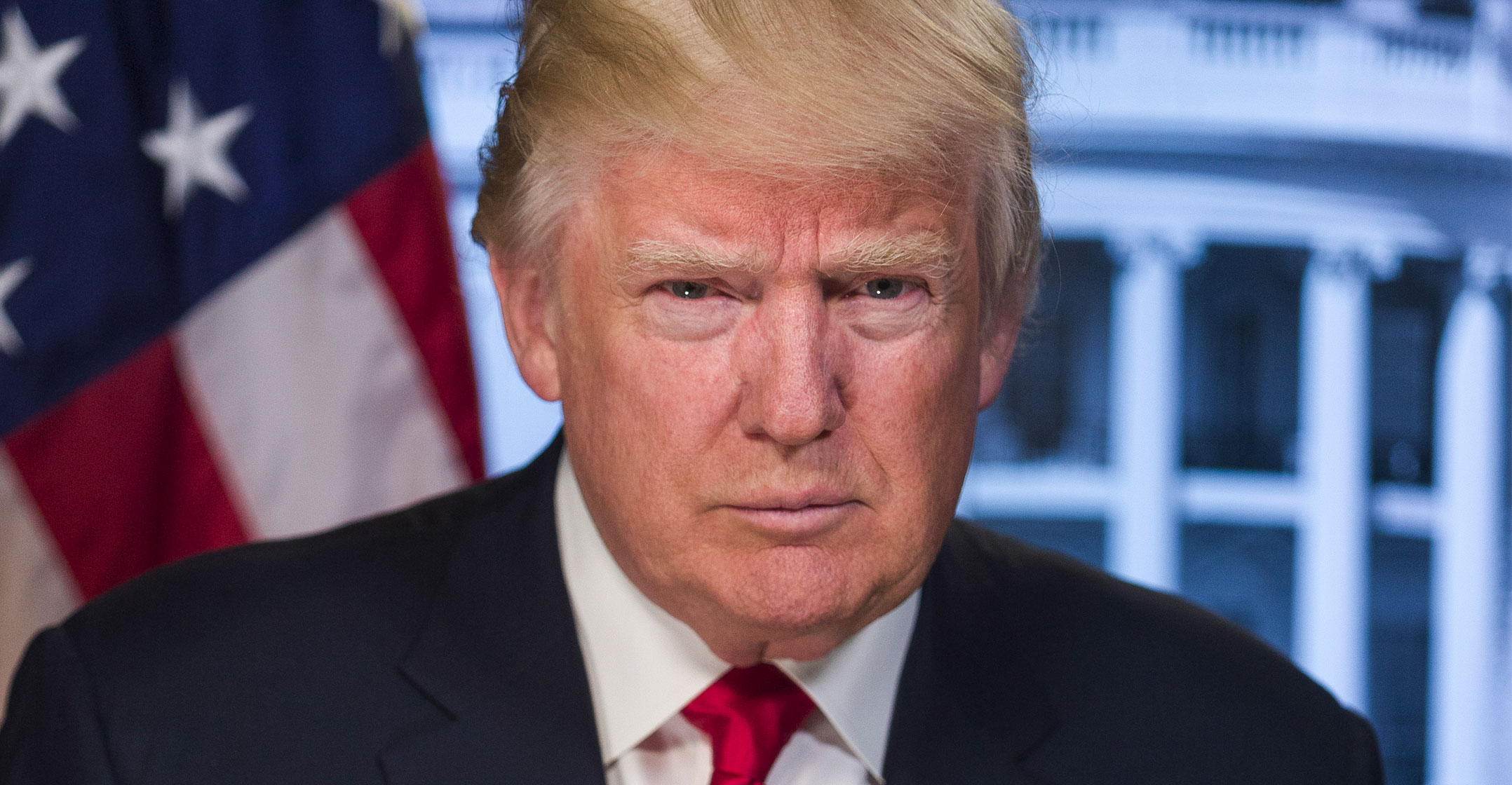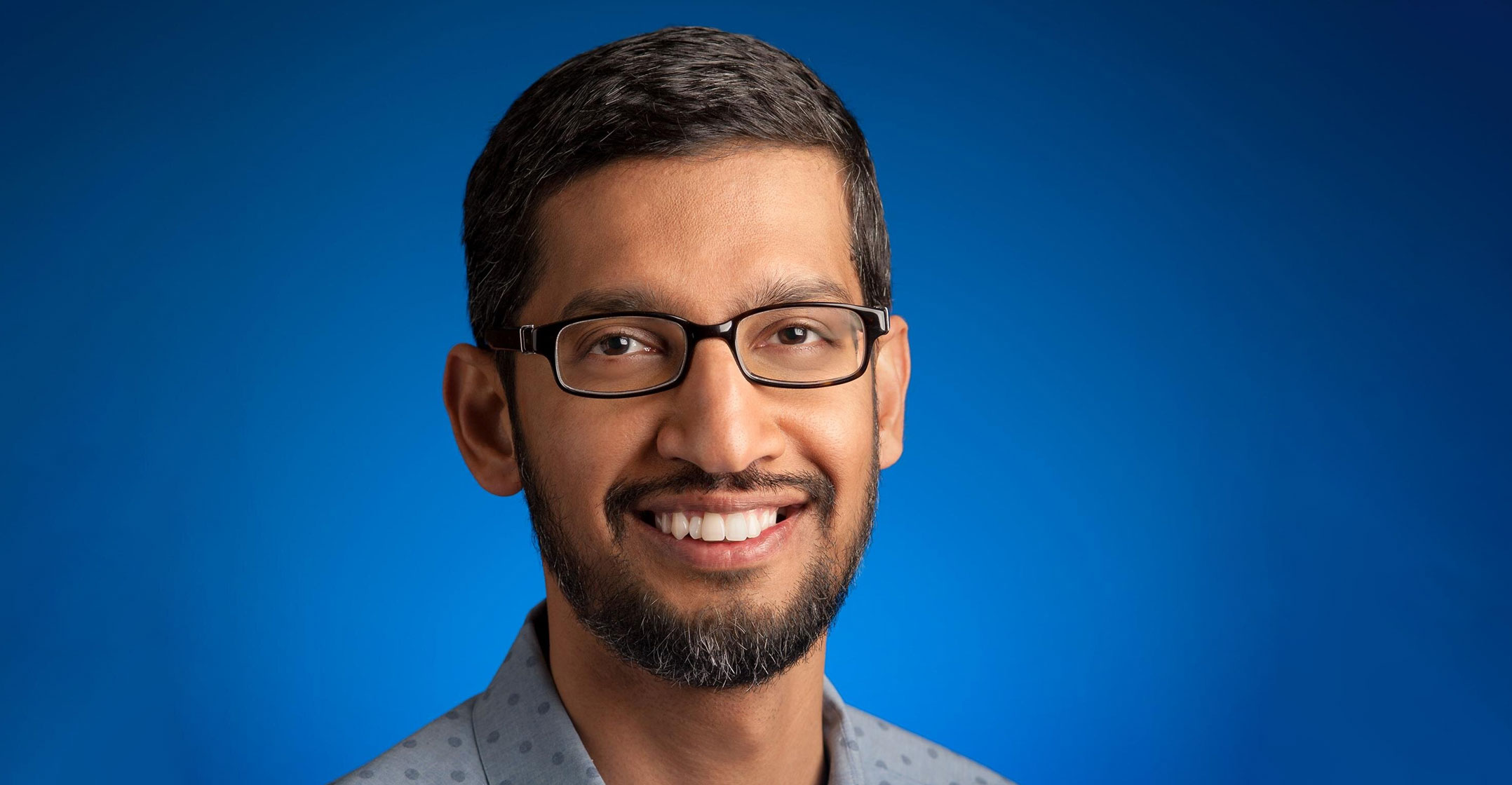
US President Donald Trump has accused Google of rigging its search results to give preference to negative stories about him, adding his voice to conservatives who accuse social media companies of favouring liberal viewpoints.
“This is a very serious situation-will be addressed!” Trump warned in a tweet early Tuesday, in his latest claim of bias on the part of a news or social media company.
“Google search results for ‘Trump News’ shows only the viewing/reporting of Fake New Media. In other words, they have it RIGGED, for me & others, so that almost all stories & news is BAD, Fake CNN is prominent. Republican/Conservative & Fair Media is shut out. Illegal,” added in a series of tweets on the subject.
White House economic adviser Larry Kudlow, responding to a question about the tweets, said that the administration is going to do “investigations and analysis” into the issue but stressed they’re “just looking into it”.
Google issued a statement saying its searches are designed to give users relevant answers.
“Search is not used to set a political agenda and we don’t bias our results toward any political ideology,” the statement said. “Every year, we issue hundreds of improvements to our algorithms to ensure they surface high-quality content in response to users’ queries. We continually work to improve Google Search and we never rank search results to manipulate political sentiment.”
Google is not the first Silicon Valley stalwart to receive criticism from Trump. He has alleged the online merchant Amazon.com has a sweetheart deal with the US Postal Service and slammed founder Jeff Bezos’s ownership of what Trump calls “the Amazon Washington Post”.
The most recent broadside follows the president’s 24 August claim that social media “giants” are “silencing millions of people”. Such accusations — along with assertions that the news media and special counsel Robert Mueller’s Russia meddling probe are biased against him — have been a chief Trump talking point meant to appeal to the president’s base.
Charges
Charges that social media platforms have censored conservatives have risen as companies such as Facebook and Twitter try to curb the reach of conspiracy theorists, disinformation campaigns, foreign political meddling and abusive posters.
Google News rankings have sometimes surfaced unconfirmed and erroneous reports in the early minutes of tragedies when there is little information to populate its searches. After the 1 October Las Vegas shooting, for instance, several accounts seemed to coordinate an effort to smear a man misidentified as the shooter with false claims about his political ties.
Google has since tightened its requirements for inclusion in news rankings, purging outlets that “conceal their country of origin” and relying more on authoritative outlets, although the moves have led to charges from less established outlets of censorship. It currently says it ranks news based on “freshness” and “diversity” of the stories. Trump-favoured outlets such as Fox News routinely appear in results.

The White House isn’t alone in its criticism. House majority leader Kevin McCarthy on Sunday repeated his allegations of anti-conservative bias and censorship online and called for social media platforms to be more “open”.
“If this is where two-thirds of Americans are getting their news, it’s not a fair process,” he said on Fox News. He said he wanted “transparency” but stopped short of calling for regulation.
Eric Schmidt, Google parent Alphabet’s former CEO, supported Hillary Clinton against Trump during the last election. There have been unsubstantiated claims the company buried negative search results about her during the election.
Google is due to face US lawmakers at a hearing on Russian election meddling on 5 September. The company intended to send senior vice president for global affairs Kent Walker to testify, but the panel’s chairman, senator Richard Burr, who wanted CEO Sundar Pichai, has rejected Walker. Facebook chief operating officer Sheryl Sandberg and Twitter CEO Jack Dorsey are also said to be testifying.
Dorsey is also due to testify that day at the house energy and commerce committee on content moderation and algorithms, where he will likely face similar questions about alleged bias against conservatives.
Despite Trump’s comments, it’s unclear what he or the US congress could do. Internet platforms treasure an exemption from liability for the content their users post. Some top members of congress have suggested limiting the protection as a response to alleged bias and other misdeeds, although there have been few moves to do so since congress curbed the shield for some cases of sex trafficking earlier in the year.
The government has little ability to dictate to publishers and curators what news to present despite the president’s occasional threats to use the power of the government to curb coverage he dislikes and his tendency to complain that news about him is overly negative.
Trump has talked about expanding libel laws and mused about reinstating long-ended rules requiring equal time for opposing views, which didn’t apply to the internet. Neither has resulted in a serious policy push.
Trump has not always been hostile to Google. In July, he lashed out at the European Union for imposing a record US$5-billion fine against Google over its mobile phone operating system, calling Google one of America’s “great companies”. — Reported by Kathleen Hunter and Ben Brody, with assistance from Todd Shields and Shannon Pettypiece, (c) 2018 Bloomberg LP




